Introduction
The red blood cells since it is the breakdown of these that eventually create bilirubin. The bone marrow constantly produces red blood cells, which have a 120-day lifespan. They are then decomposed in the body after this time, primarily in the spleen but also in the liver and bone marrow. The main component of red blood cells is hemoglobin, which transports oxygen throughout the body. This is broken down into its constituent parts heme and globin. The globin is a protein that is then broken down into amino acids and reused in the building of cells.
Let’s Understand Direct Bilirubin
The liver converts the water-soluble type of bilirubin known as direct bilirubin. It is also called conjugated bilirubin and excretes it as bile. It is necessary for the small intestine to effectively digest and absorb fatty acids. Direct bilirubin levels that are elevated may indicate liver disease or other underlying medical conditions.
How to Reduce Direct Bilirubin Naturally.
Natural direct bilirubin reduction requires dietary and lifestyle adjustments that promote good liver function. Here are some natural strategies to help reduce direct bilirubin levels, while it’s crucial to speak with a healthcare provider for advice suited to your particular condition.
Maintain a Balanced Diet: Consume a rich diet of fruits, vegetables, whole grains, and a low protein diet. This diet gives the body important nutrients it needs to maintain liver function.
Stay Hydrated: Drink lots of water to maintain general liver health. It helps in the elimination of toxins from the body.
Fiber-Rich Foods: The food with high fiber like oats, beans, and whole grains may help with digestion and the clearance of waste products, which may include excessive bilirubin.
Control Alcohol Consumption: Drinking too much alcohol can harm the liver and raise bilirubin levels. Don’t drink too much alcohol or think about quitting if you do.
Avoid Processed and High-Fat Foods: The consumption of processed food and food containing high saturated fats can increase the risk of liver inflammation. Avoid fried foods, junk food, and processed snacks.
Incorporate Liver-Friendly Herbs and Spices: Various herbs and spices, including turmeric, ginger, garlic, and dandelion root, are considered to improve liver health. It can be added to your meals or you can take it as a herbal tea.
Regular Exercise: Exercise regularly because it enhances blood circulation, helps to lose weight, and improves overall liver functions.
Maintain a Healthy Weight: Maintain a healthy body weight to prevent liver problems.
Manage Stress: Chronic stress can be effect negatively on your liver function. Meditation, yoga, deep breathing exercises, and hobbies that help you relax are all stress reduction techniques.
Limit Exposure to Toxins: Reduce your contact with outdoor chemicals, pollution, and toxins that can damage the liver. If you work in areas where there may be pollution, wear protective clothing.
Stay Hygienic: Maintain proper personal hygiene and avoid from sharing personal things like toothbrushes or razors because some illnesses can harm the liver.
Stay Informed: Learn about the health of your liver and the possible reasons why your bilirubin levels are increased. You can make sensible decisions about your health when you are well-informed.
Keep in mind that natural methods can take time to show results and individual responses differ. If increased direct bilirubin levels are associated with an underlying medical condition, you should work closely with a healthcare provider to determine the best course of action.
What Causes High Direct Bilirubin Levels?

High bilirubin levels main causes believable is formed by the breakdown of red blood cell in the body the liver helps to excrete it.
High levels of bilirubin can lead to jaundice. it is easily identified by the yellowing of the skin and eyes. Adults can have high bilirubin levels, but newborn infants are more likely to suffer from the disorder. This is because it takes some time after birth for an infant to start efficiently metabolizing bilirubin and excretion out in their stool.
The approx. normal range of bilirubin in the blood serum is 1.2 milligrams per deciliter for adults and 1 milligram per deciliter for children under 18 years of age. The skin normally becomes yellow once.
Once levels reach between two to three milligrams per deciliter any person who experiences a yellowing of the skin or eyes should seek should see their doctor. It can be a symptom of a serious medical condition.

Before reaching the liver some conditions cause bilirubin levels to be high. This is the pre-hepatic or pre-liver phase. The condition is caused by hemolytic anemia and resorption of internal blood pools. The body’s hemolytic anemia occurs when too many red blood cells are broken down before the end of their natural life cycle in the liver. Bilirubin may not be able to become water-soluble if the liver is not functioning properly.
This may result in too much bilirubin building up in the liver causing viruses such as hepatitis a alcoholic liver disease. After exiting the liver once, certain medications can produce overdoses, such as acetaminophen, which can cause autoimmunity, a condition in which the immune system attacks healthy body cells instead of disease-causing ones.
Bilirubin levels may be excessive because it cannot leave the body after leaving the liver. This may be a result of a blockage in one of the other organs that assist excretion such as gallstones in the gallbladder this is called the post-hepatic phase. Other causes include inflammation or cancer of the gallbladder which produces bile pancreatitis.
Conclusion
Maintaining a healthy liver and general well-being requires lowering direct bilirubin levels. You may support liver function and reduce the risk of elevated bilirubin levels by living a healthy lifestyle, controlling underlying medical conditions, and being conscious of your choices. For personalized advice and direction catered to your particular medical needs, be sure to consult with a healthcare professional. If you notice any change in your body then take a blood test for your safety and detect serious diseases before they occur, consult with your doctor to treat them effectively.

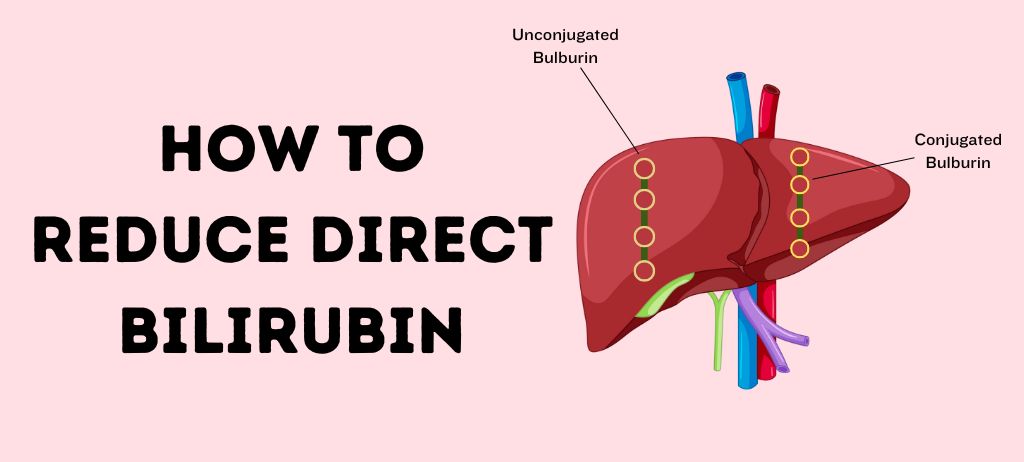

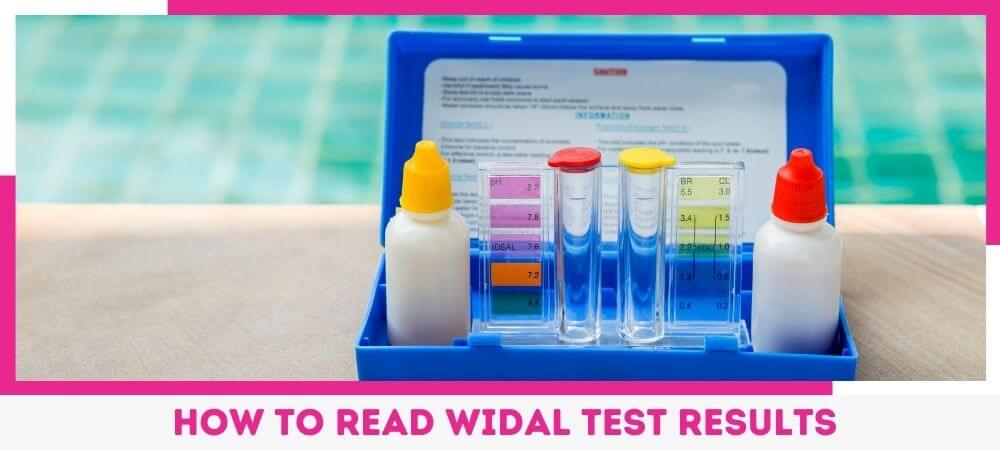
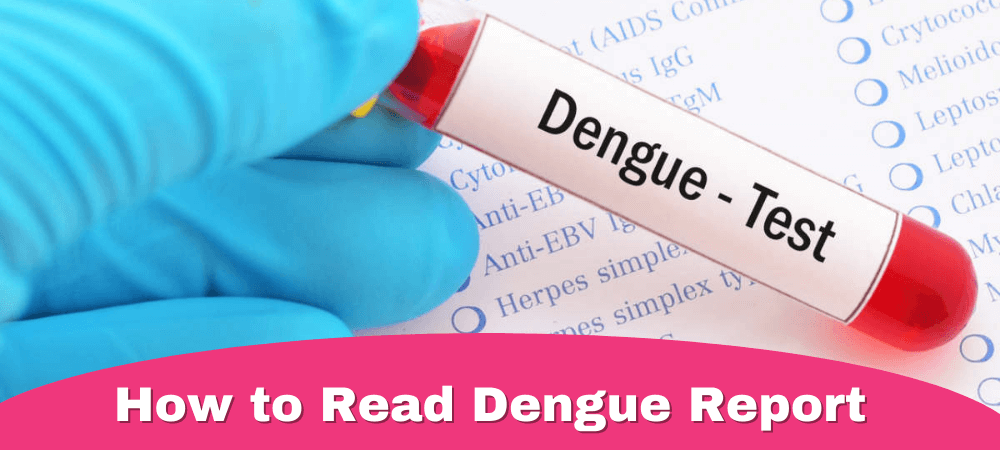
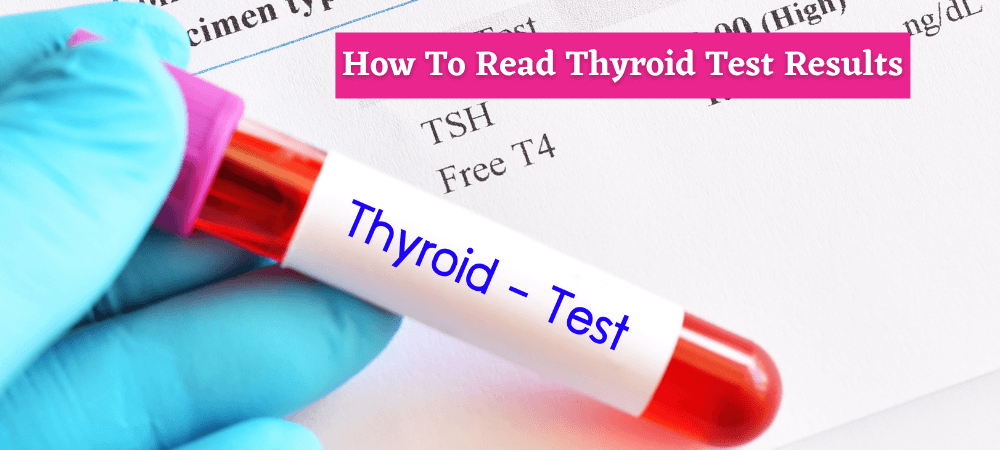
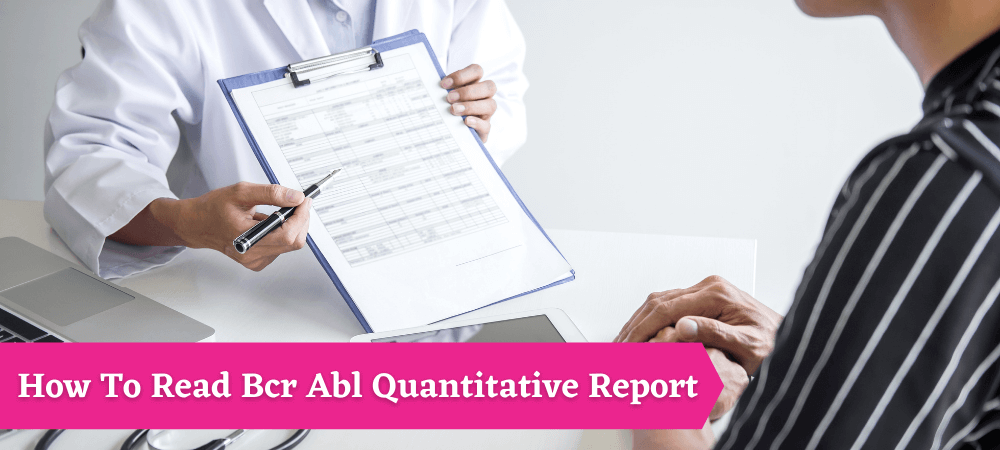
The information that you have shared about the street food. Subscribed your blog.